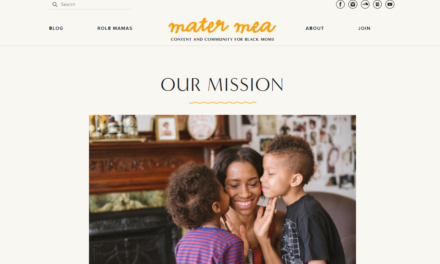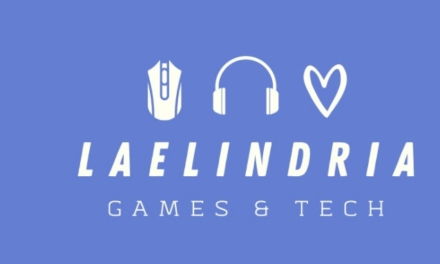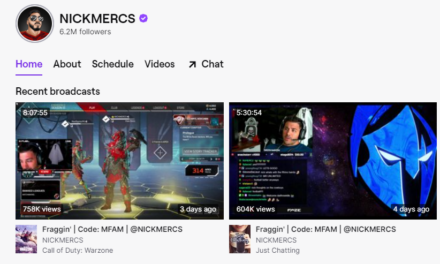Content Security means different things to different organizations. For enterprises, it’s often about confidentiality and legal concerns. For the media and publishers, it’s about making sure content – or intellectual property – isn’t stolen or illegally reproduced.
When digital files or text can be transferred with the click of a button, or posted on a new site with a simple copy and paste, age old concerns about copyright go into overdrive. Content security has come a long way since the first days of Napster, when college kids started trading music files like baseball cards.
The Role of Digital Rights Management (DRM)
One of the biggest breakthroughs in content security has been Digital Rights Management (DRM) solutions. DRM is what determines how content can or cannot be shared, which devices it can be accessed on, and more. But pirates are persistent, and have often sought to find new ways around DRM software – which is why the Digital Millennium Copyright Act was signed into U.S. law in 1998. It criminalizes the production or dissemination of technology that circumvents DRM.
Piracy continues to affect companies across the spectrum, from movie studios to book publishers to video game makers. Online piracy accounts for billions of dollars in lost revenue to the movie industry alone in the United States and around the world. Content producers are fighting back with anti-piracy measures and fighting for new laws to protect copyrighted material.
The Downside of DRM
Users, of course, don’t always love content security measures. For many years songs bought on iTunes could only be played on Apple devices, much to the chagrin of users. In 2009, Apple finally gave up DRM all together. Now, as ebooks grow in popularity, publishers are starting to feel the blowback from strict DRM policies.
Book- and music-lovers have long liked to share their favorite stories and songs – whether by loaning a book, or making a mix-tape. Now, content producers are struggling with how to find a balance between making content shareable and not giving it away for free.
Content Security and DRM Companies
As the prevalence of digital content has grown, so has the number of DRM and content security companies. One such company is LockLizard. This UK based company specializes in document and encryption products with DRM controls. Another company working with DRM is VidLock, which specializes in audio and video file protection. EZDRM has been around for 12 years. It works with Adobe’s Flash and Microsoft’s Windows Media to limit content access to those who are supposed to have access to it by encrypting medial files that require a license.






